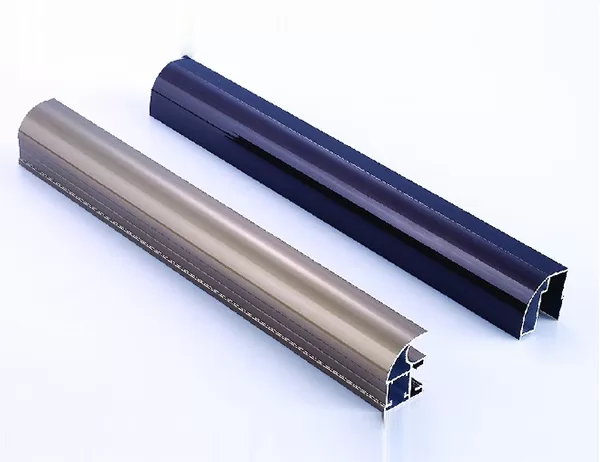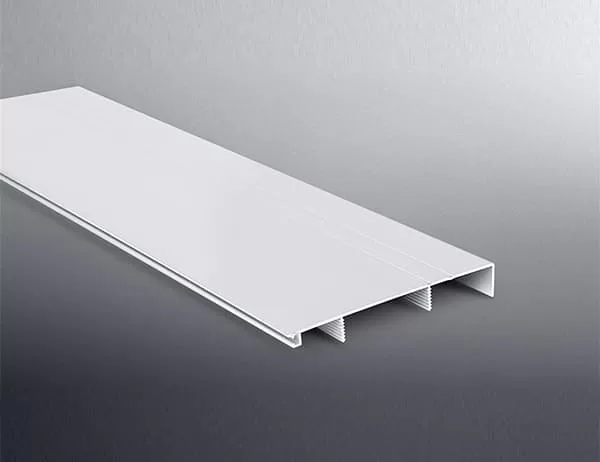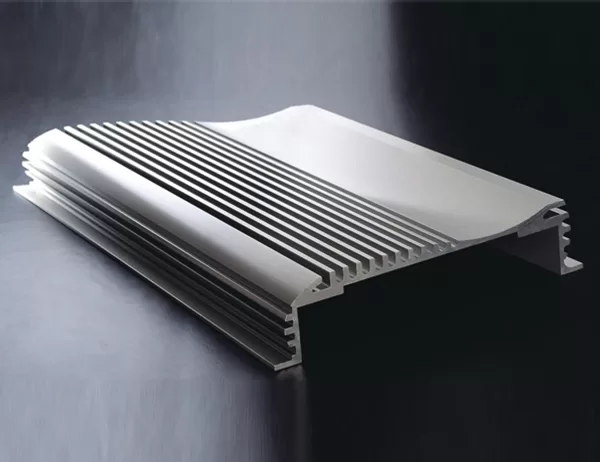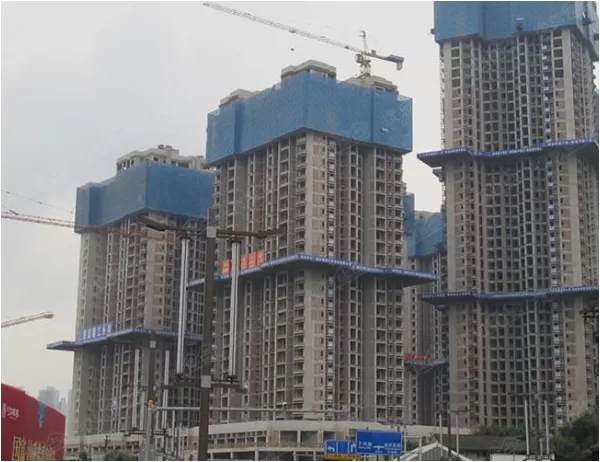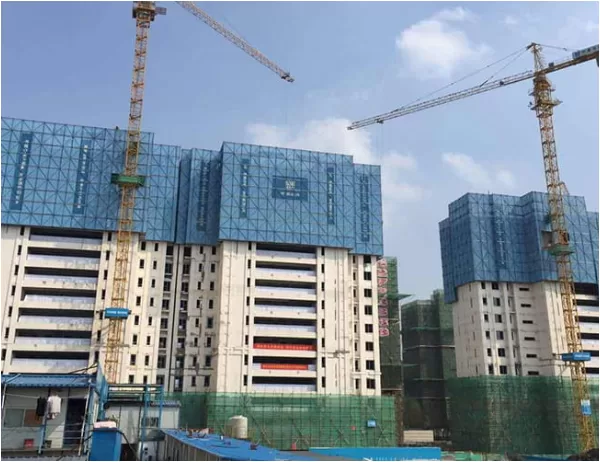In the realm of modern manufacturing, steel slitting line machines reign supreme as tireless workhorses, relentlessly slicing and shaping steel coils into precise dimensions. However, behind their industrious facade lurks a hidden tale of environmental consequence that demands our attention.
As these colossal machines thunder through their relentless operation, they spew forth a symphony of industrial pollutants. Volatile organic compounds (VOCs), a noxious cocktail of solvents and chemicals, escape into the atmosphere, mingling with particulate matter and heavy metals. These emissions not only contribute to air pollution but can also pose significant health risks to workers and communities nearby.
Moreover, the energy consumption of steel slitting line machines is staggering. Their insatiable appetite for electricity leaves behind a trail of carbon dioxide and other greenhouse gases. The environmental cost of producing the electricity required to power these machines is a burden that must not be overlooked.
Beyond the immediate emissions, steel slitting lines also generate vast amounts of waste. The discarded steel scraps, known as slitter dust, pose a significant environmental hazard. These tiny particles contain harmful chemicals and heavy metals, which can leach into groundwater and soil, contaminating ecosystems and posing a threat to human health.
In addition, the disposal of used slitting knives poses a further ecological challenge. These knives, which are made of high-grade alloy steel, contain valuable metals. However, their proper disposal requires specialized processes and facilities, which are often lacking in many regions.
The environmental impact of steel slitting line machines cannot be ignored. By raising awareness and implementing sustainable practices, we can mitigate their negative consequences. Measures such as proper ventilation systems, the use of low-VOC paints and coatings, and the recycling of slitter dust can significantly reduce their environmental footprint.
As we embrace a greener future, it is imperative that we hold manufacturers accountable for the environmental impact of their processes. By choosing sustainable steel slitting line machines and promoting industry best practices, we can safeguard our planet for generations to come.
